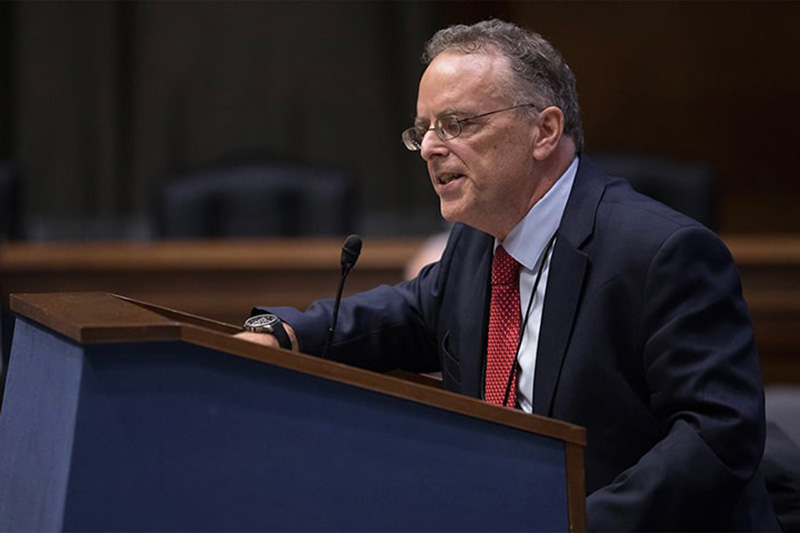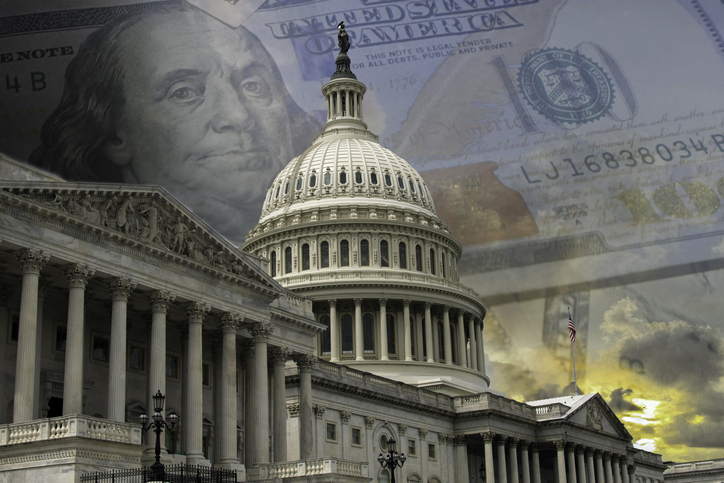
Foreign Bribery
Bribing foreign officials to gain an improper business advantage.
We are dedicated to supporting whistleblowers. That is our only agenda. As attorneys we represent whistleblowers worldwide using laws that protect confidentiality and provide for financial awards. As advocates we work with NGOs to enhance whistleblower protections. As policy experts we urge State Parties to enact effective anti-corruption laws. We are staffed by attorneys from the whistleblower law firm, Kohn, Kohn and Colapinto and the NGO National Whistleblower Center.
Without detection there can be no enforcement of anti-corruption laws. Whistleblowers are the key to detection. If whistleblowers cannot safely and confidentially report foreign bribery or money laundering financial crimes will flourish. Our mission is to help whistleblowers.
What We Do
We engage in pro bono educational programing to promote whistleblowing and successful anti-corruption prosecutions.
We represent whistleblowers from any country in the world when they have major and well-documented cases potentially covered under powerful transnational anti-corruption laws.
We work with law firms, NGOs, and human rights defenders throughout the world to increase whistleblower protections and provide effective representation.

Corruption is a pervasive issue that needs more support internationally; our purpose is to address this need.
“[UNCAC] mandates that each signatory takes steps to combat corruption and recognizes the importance of protecting whistleblowers as a tool in fighting corruption. Yet most of the signatories have no effective whistleblower laws, and many are among the most notorious human rights violators.”

Our organization is comprised of the world’s leading whistleblower attorney’s and communications professionals.

We focus on a variety of corruption where financial gain is involved or other concerns.

Bribing foreign officials to gain an improper business advantage.

Disguising illegally obtained money to make it appear legitimate.

Illegally and intentionally avoiding paying taxes.

Fraud committed against the U.S. government.

Failure of banks to file SARs orconduct proper KYC.

Violations of securities laws on U.S. and most international stock exchanges.

Market manipulation and corrupt payments in the international commodities markets.

Violating sanctions against transnational criminal organizations.